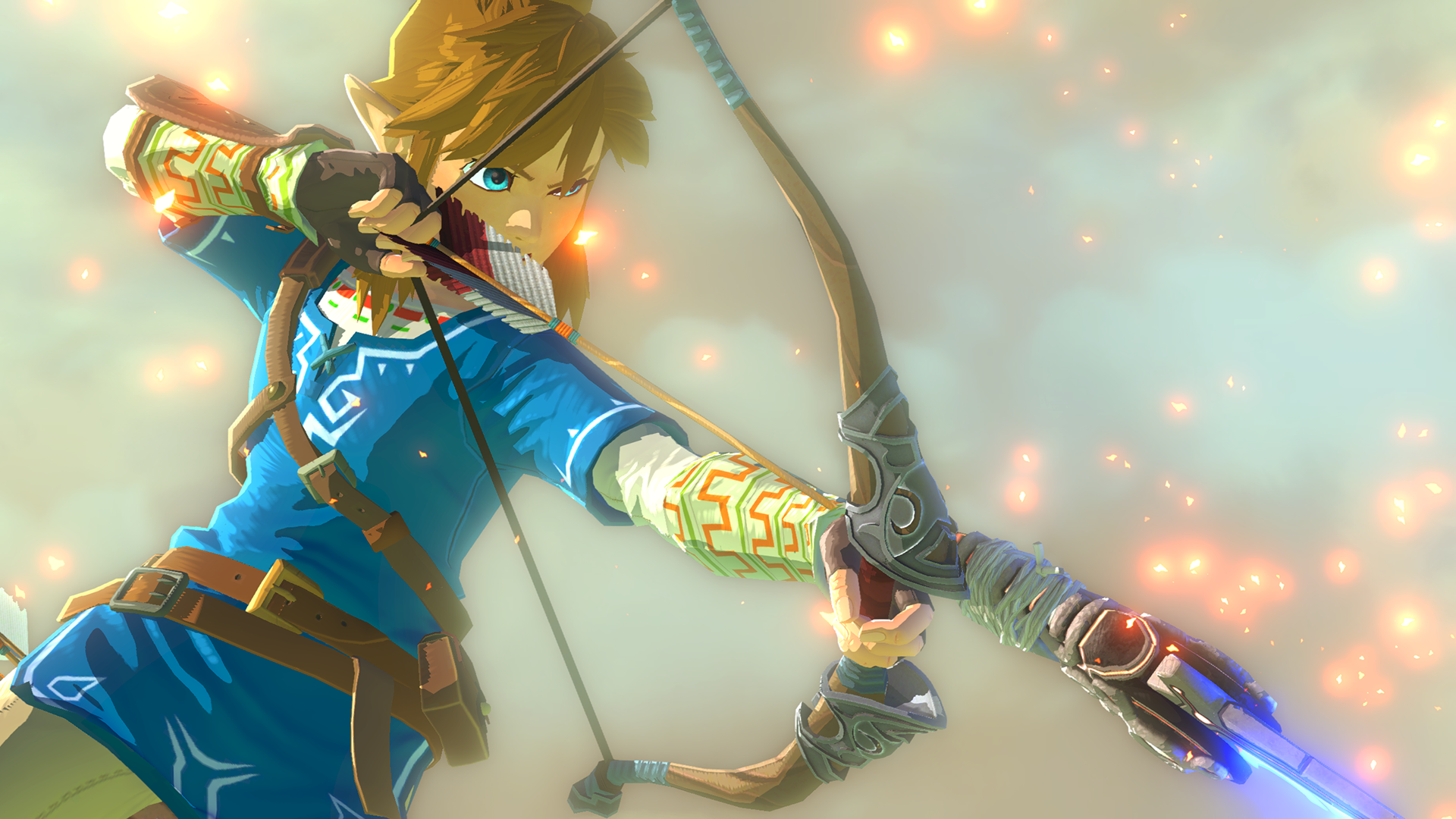Interesting thread.
I think there's currently 2 schools of thought within the console makers as to their goals:
1) drive console sales in order to increase potential for advertising and subscription revenue, games are a means to this end
2) drive console sales in order to increase the potential market for games, games are the end to this means
In essence Microsoft and Sony are both operating on the 'subscription model', where games are the carrot used to get gamers onto their ecosystem, where over 5-6 years, the various subscriptions will prove profitable. Losing money on an individual game in this instance, is less important than the hype it generates, or how many people it brings into the ecosystem.
Nintendo, on the other hand, are on the 'games model', where each game is (to some extent) it's own entity and each ideally would be profitable in it's own right. The console itself, ideally, should be profitable from the get-go, and cheap enough to put it in most people's price range.
Obviously, Nintendo's approach is better for gamers, with it's 'games first' mentality, and has historically been extremely successful for Nintendo. The 'subscription model' on the other hand appears to be less consumer friendly, although the competition between Microsoft and Sony is improving the value proprosition for consumers whichever console is chosen.
I think this philosophical split could well be, alongside the PowerPC architecture, one of the reasons why 3rd parties (and especially EA) abandoned Nintendo so soon out of the gate; they saw that the 'games model' is contingent on actually selling games whereas on the 'subscription model' system owners are prepared to subsidise games in order to attract subscribers; taking the pressure off publishers and the games themselves.
Interesting topic, and I've not thought about the difference in approach between Nintendo and Microsoft and Sony in this way before. Thanks OP!
Existing User Log In
New User Registration
Register for a free account to gain full access to the VGChartz Network and join our thriving community.


























































